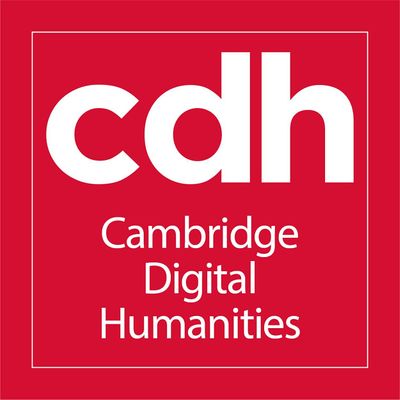
About this Event
Speaker
Dr Lise Jaillant
Reader (Associate Professor) in Digital Cultural Heritage at Loughborough University; Visiting Fellow, Wolfson College, University of Cambridge; Cambridge Digital Humanities Associate
Lise has a background in publishing history and digital humanities. She is an expert on born-digital archives and the issues of preservation and access to these archives. Since 2020, she has been UK PI for four AHRC-funded projects on Archives and Artificial Intelligence. These international projects aim to make digitised and born-digital archives more accessible to researchers, and to use innovative research methods such as AI to analyse archival data.
Lise enjoys working across sectors and disciplines. As a digital humanist, she has extensive experience of collaborating with computer scientists, archivists, librarians, and government professionals to unlock digital archival data with innovative technologies.
Abstract
This talk presents ground-breaking new work on AI applied to the government records of the Cabinet Office, in order to automatically identify historically significant records to preserve and other records that can be deleted. The Cabinet Office is the UK central government department that supports the Prime Minister in the effective running of government. Its records are among the most important that are deposited in The National Archives, covering those of the Prime Minister, Cabinet proceedings, government efficiency and reform, and the formulation of legislation, among other areas.
This talk, which is based on a co-authored article with David Canning (Cabinet Office), does not only describe a radically new methodology to appraise digital records, it also makes a significant theoretical contribution to academic disciplines that seldom talk to each other – including archival studies, digital humanities and computer/data science. It proposes a new archival mindset that reflects the digital realities faced by records managers, archivists and users. This theoretical approach combines distant viewing (necessary to approach huge amounts of records) and close reading of a selection of records (to ensure the effectiveness of computational approaches). This combination of “distant” and “close” is an answer to the need to move away from paper minds, and embrace digital archival realities and methodologies.
The conclusion explores where records management might go next in deploying Artificial Intelligence technologies and the benefits these may have in opening up archives for future historians. Recommendations are offered to facilitate the ethical application of AI to records and archives, in the government sector and beyond.
Access
If you have specific accessibility needs for this event please get in touch. We will do our best to accommodate any requests.
Event Venue & Nearby Stays
SG2, Alison Richard Building, West Road, Cambridge, United Kingdom
GBP 0.00












